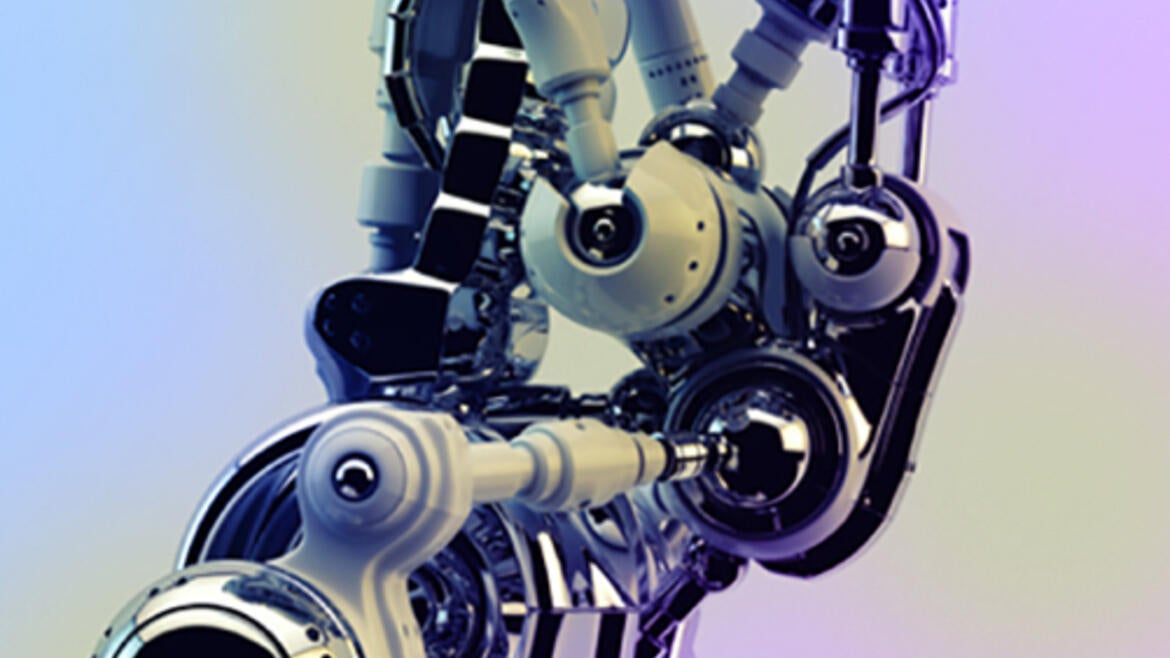Colloquium: Elias Penilla and Eli Brewer

Solid State Reaction & Densification of Transparent Luminescent Ceramics by Current Activated Pressure Assisted Densification
Elias H. Penilla, Ph.D. Student
University of California, Riverside
The study of transparent ceramics has significantly rebounded in the past decade as higher quality materials have been achieved with traditional sintering techniques. The densities and transparencies of sintered bodies often rival their single-crystal counterparts. As such polycrystalline ceramics are replacing single crystals as optical-structural, photoluminescent (PL), laser host, and energy efficient solid-state lighting materials. Typically, ceramic host materials are synthesized and doped with transition metals and rare-earths (RE) using equilibrium processing techniques (Czochralski, sintering etc.). While largely developed, these techniques have limitations. For example producing transparent, non-cubic ceramics with grain sizes that mitigate birefringence has largely been elusive with traditional techniques. Additionally, RE-doping of alumina to levels requisite for PL purposes is impossible with equilibrium techniques because the equilibrium RE-solubility is too low (~10-4%). Conversely, little attention has been given to producing RE-doped bulk transparent ceramics with non-equilibrium processing techniques. Here we report on the application of the Current Activated Pressure Assisted Densification (CAPAD) technique for producing functional transparent oxide ceramics such as ruby, and RE-doped alumina, with grain sizes that mitigate birefringence and with dopant concentrations as high as 0.5 at%, orders of magnitude higher than previously reported. The application of CAPAD for the production of cubic symmetry ceramics such as yttria stabilized zirconia (YSZ), and yttrium aluminum garnet (YAG), will also be discussed. We have investigated the effects of temperature, heating rate, and holding time, etc., during CAPAD processing on the sample densification and material properties.
Mr. Elias H. Penilla received his Bachelor of Arts Degree in Physics from Pomona College in 2006, where he studied synthesis and characterization of metal and carbon 1D and 2D systems. He joined UCR in 2007 and received his Master’s Degree in Mechanical Engineering in 2009, continuing to research 2D systems, now focusing on the synthesis of non-equilibrium nitride ceramics, under the guidance of Dr. Junlan Wang. Currently, Mr. Penilla is a Doctoral Candidate at the University of California, Riverside, Department of Mechanical Engineering working under
the guidance of Dr. Javier E. Garay in the Advanced Materials Synthesis and Processing Laboratory (AMPS Lab). His current research interests focus on the synthesis of 3D-bulk nanostructured transparent ceramics, with focus on light emitting and controlling applications.
Reducing Mobile Air Conditioner Power Consumption Using Active Cabin Air Recirculation in Hybrid Electric Vehicles
Eli Brewer, Ph.D. Student
University of California, Riverside
The power consumed by an air conditioner accounts for a significant fraction of the total power used by hybrid and electric vehicles especially during summer. This study examined the effect of recirculation of cabin air on power consumption of mobile air conditioners. Real time power consumption and vehicle mileage were recorded by an On Board Diagnostic monitor and carbon balance method. Vehicle mileage improved with increased cabin air
recirculation. The recirculation of cabin air also significantly reduced in-cabin particle concentrations. Recirculation of cabin air is an excellent and immediate solution to increase vehicle mileage and improve cabin air quality.
Eli is currently a Master’s student in Prof. Jung’s lab at CE-CERT, UC Riverside. His research is on automotive fuel economy and cabin air quality, and on the ultrafine particle emissions of natural gas turbines. In 2013 he completed a B.S. in Mechanical Engineering from UC Riverside. He is a certified E.I.T. and Rescue SCUBA Diver. In his spare time he enjoys cycling, cooking, hiking and home brewing.